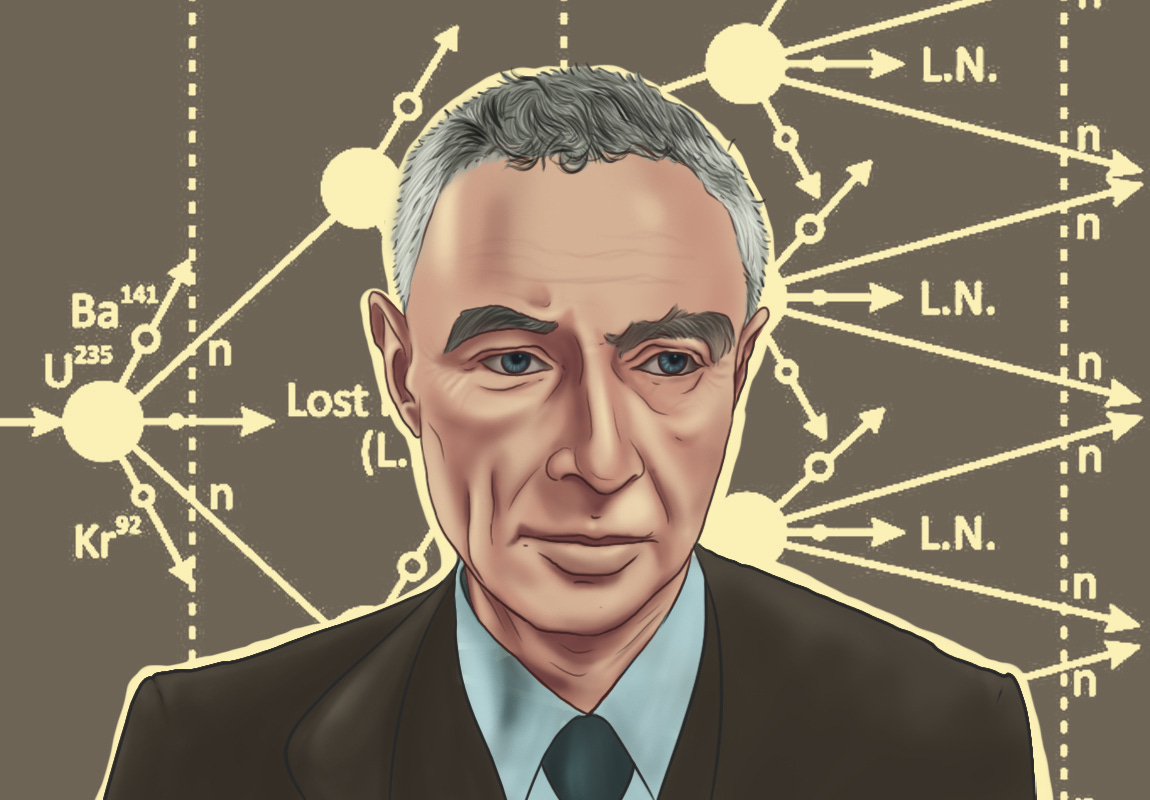
Oppenheimer's Contributions Beyond the Atomic Bomb: Exploring His Other Scientific Achievements
By Adedayo Ebenezer Oyetoke Published on: July 22nd 2023 | 3 mins, 559 words Views: 589
J. Robert Oppenheimer, often dubbed the "father of the atomic bomb," is a figure who looms large in the annals of scientific history. His role as the scientific director of the Manhattan Project during World War II is well-documented and widely known. However, Oppenheimer's contributions to the world of science extend far beyond the development of the atomic bomb. This blog post aims to shed light on some of his lesser-known but equally significant scientific achievements.
Oppenheimer's scientific journey began long before the Manhattan Project. A gifted student, he earned his doctorate in physics from the University of Göttingen in Germany, where he studied under Max Born, a pioneer of quantum mechanics. It was here that Oppenheimer began to make his mark in the world of theoretical physics.
One of Oppenheimer's earliest contributions was his work on the so-called "Oppenheimer-Phillips process." In collaboration with his student, Melba Phillips, Oppenheimer proposed a new model for nuclear fusion reactions in the early 1930s. This model, which explained how certain lighter atomic nuclei could be absorbed into heavier ones, was a significant contribution to our understanding of nuclear reactions and stellar nucleosynthesis. It continues to be used in nuclear physics today.
Oppenheimer also made significant contributions to the field of quantum mechanics, particularly in relation to quantum tunneling. Quantum tunneling is a phenomenon where particles can pass through barriers that, according to classical physics, should be insurmountable. Oppenheimer's work in this area helped to deepen our understanding of this counterintuitive quantum behavior.
Perhaps one of Oppenheimer's most fascinating contributions, however, was his work on black holes. In 1939, he and his student Hartland Snyder published a paper predicting the existence of what we now call black holes. Using the principles of Einstein's theory of general relativity, they described how a massive star, upon exhausting its nuclear fuel, would undergo gravitational collapse and form a singularity, a point in space with infinite density. This was a groundbreaking idea at the time and laid the foundation for much of our modern understanding of black holes.
Beyond his specific scientific contributions, Oppenheimer's impact as an educator and leader in the scientific community was profound. As a professor at the University of California, Berkeley, and later as the director of the Institute for Advanced Study at Princeton, he mentored a generation of physicists. His ability to inspire and challenge his students left a lasting legacy in the world of science.
In the post-war years, Oppenheimer became a prominent figure in science policy and advocacy. He was a strong advocate for the peaceful use of nuclear energy and played a key role in the establishment of the Atomic Energy Commission. His vision for a world where science serves humanity continues to inspire scientists today.
While J. Robert Oppenheimer's role in the development of the atomic bomb is a significant part of his legacy, it is by no means the whole story. From nuclear fusion and quantum mechanics to black holes, his scientific contributions have had a lasting impact on our understanding of the universe. His work as an educator, mentor, and advocate reminds us that science is not just about discovery, but also about education, leadership, and the pursuit of a better world. As we continue to explore the mysteries of the universe, let us remember and draw inspiration from the full breadth of Oppenheimer's scientific legacy.